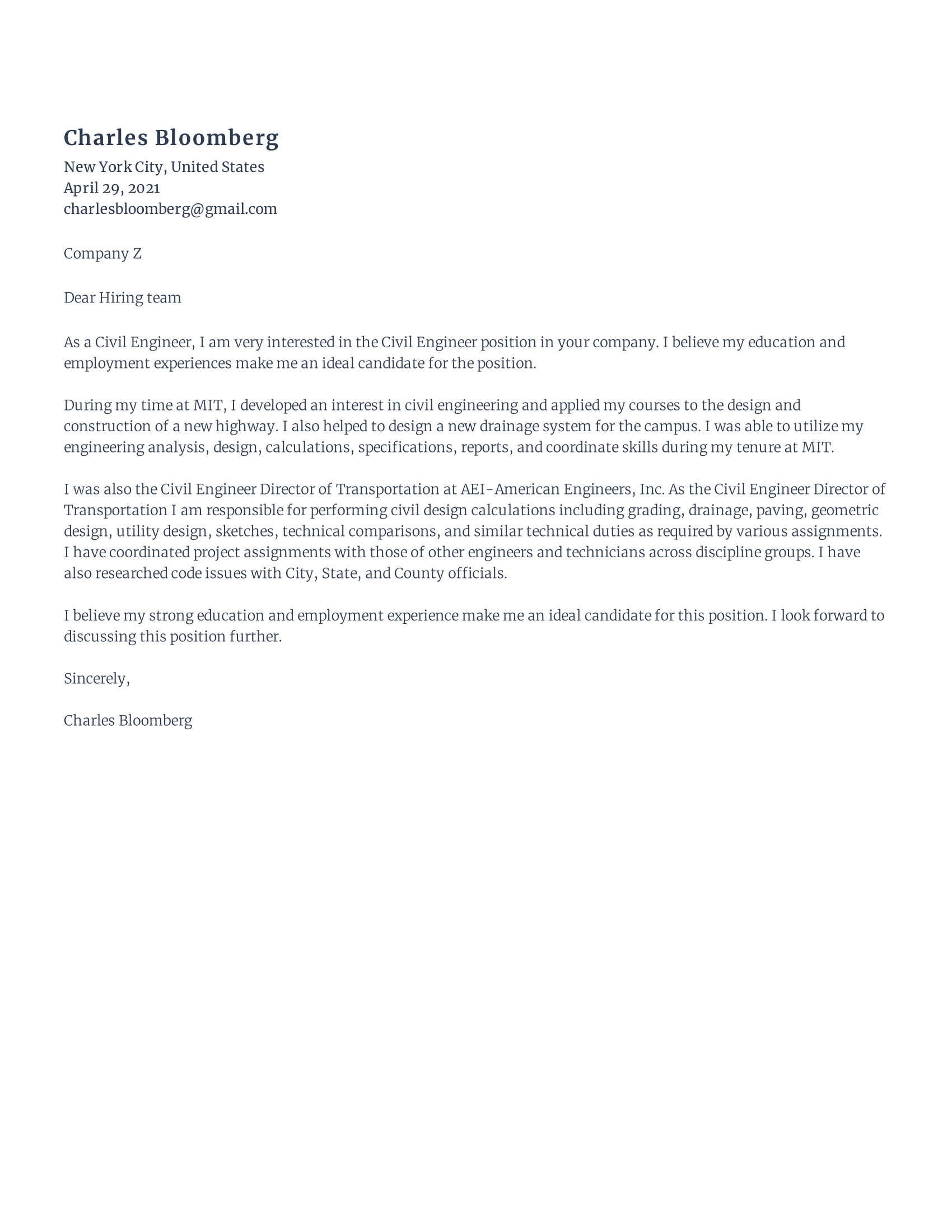
Planning for your retirement is important. You need to be aware of how you are spending your money. You can take steps to ensure your money lasts as long as you want. You can set goals and invest. With a well-planned plan, you will feel more secure in knowing that your finances are being taken care of.
Social Security
It's crucial to be aware of your Social Security benefits when planning for retirement. You can usually collect benefits at 62 in most cases. But, it is important to keep in mind that claims made too early can reduce your benefits. This is especially true for females, who tend not to live as long as men but earn less.
Investing
To minimize risks and maximize returns, diversification is important as you move towards retirement. Diversification decreases market volatility and inflation risk and smoothes returns. Diversification may allow you to retire earlier and enjoy a greater quality of your life. It is important that you consult a financial adviser before making any decisions regarding your retirement plan.

Long-term care insurance
Planning for retirement is incomplete without long-term insurance. The costs of long-term care are rising, so it's important to have the right amount of coverage. Inflation protection is also an important feature to look for in a policy.
Save for retirement
Financial planning can include saving for retirement. Planning for retirement should be started decades before you anticipate that you will need it. This will help to plan more calmly and firmly when the time comes. Although Social Security will help you with some expenses in retirement, it is unlikely to cover everything. Other sources of income such as annuities and pensions will also be important, along with the proceeds from renting out your home or selling it.
Investing traditional IRAs or 401ks
An individual retirement account (or IRA) allows the participant to choose from a range of investments. This type is not guaranteed in terms of investment returns and will result in a fluctuating amount of income. These plans include 401 (k), 403 (1b), 457 and profit-sharing. These retirement plans often utilize a strategy called diversification. Diversification involves spreading your principal across different sectors and markets, and it protects you against the risk of a single security falling in value.
Home equity
You can increase your retirement savings by investing in home equity. There are risks associated with home equity. In default of your loan, your home could be taken away and you may have to sell it. Another option is to downsize and rent your home out.

Investing in a 401(k)
You can save for your retirement by investing in a plan called a 401 (k). This plan is offered by many employers and can be joined at any time. Employers will match any amount that you invest. Your human resources department can provide more information on your company's plan.
Investing in a traditional IRA
Traditional IRAs are a great way to save money for retirement. You can make pretax contributions, and your money will grow tax-deferred. On any money that you withdraw during retirement, income tax will apply. A bank, broker, or robo-advisor can open a traditional IRA. These institutions also offer savings and certificates-of deposit that can be useful for your retirement fund.